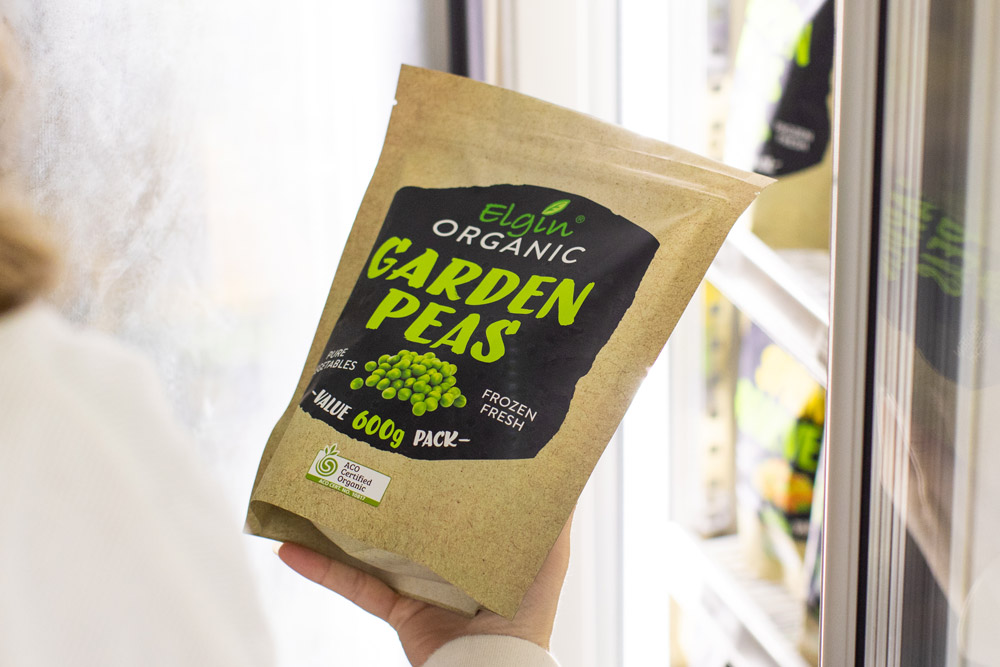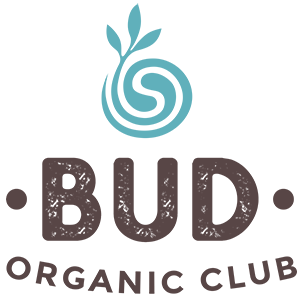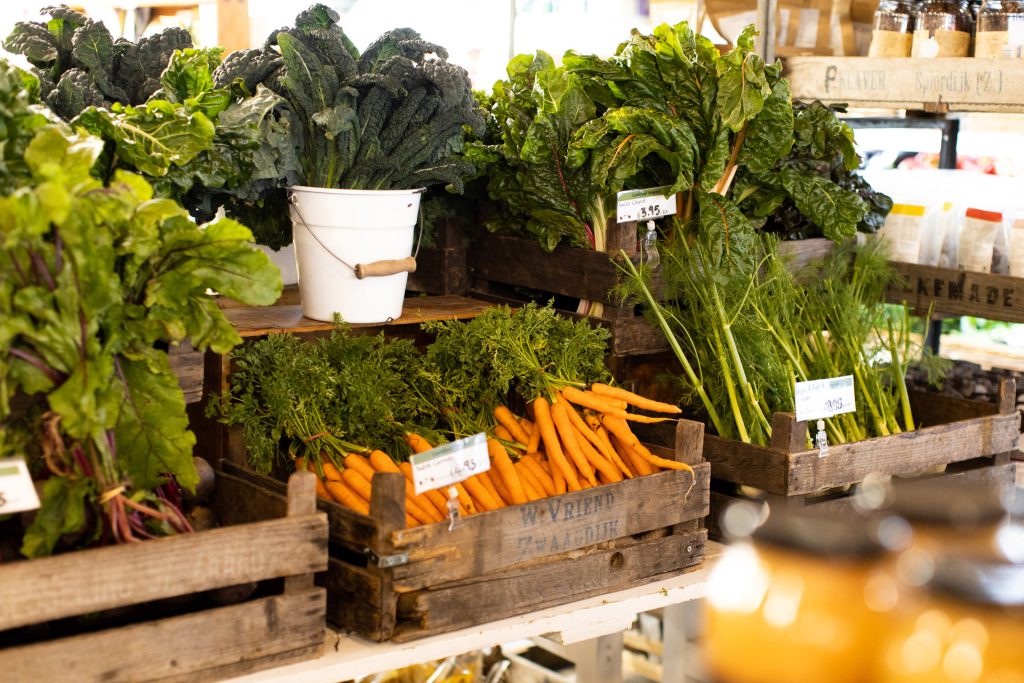Organic can mean different things to different people since organic products and principles look different according to where you live and how you perceive them.
In Australia, certified organic always means:
- Sustainable and regenerative
- Synthetic herbicide, pesticide and chemical free
- Free range and no artificial additives or hormones
- All GMOs are prohibited
For a product to be labelled certified organic in Australia, it must go through a strict certification process including inspection and approval by an independent, third-party certification agency. These strict assessments ensure that the farm, manufacturer, and final product complies with relevant standards, such as the National Standard for Organic and Bio-dynamic Produce (NS for short) or the Australian Certified Organic Standard (or ACOS for short).
Certified organic brands and/or businesses are then audited annually to ensure they maintain the requirements of their certification. Additional unannounced inspections are also undertaken throughout the year.
Currently, in Australia, there is no regulation for the term ‘organic’. Just because a product has been labelled ‘organic’ does not mean that it has been through the same rigorous assessment as a certified organic equivalent. Due to our nation’s lack of domestic regulation, you might find products with as little as 2% organic ingredients with an organic claim on their labelling.
The only way to guarantee that your product is authentically organic is to look for a certification logo such as the ‘Bud’. These organic certification marks act as a guarantee that what you’re buying is completely organic – certified to meet some of the highest food and production standards in the world. That’s why more than half of organic buyers look for certification logos to check that a product is truly organic, and you should too!
Although the basic principles of certified organic and organic are the same, certified organic means so much more.
Australian Organic Limited, the peak body for organics in Australia, has been working hard for organic regulatory reform to protect organic businesses and consumers from fraud and fake organics. Domestic regulation could be a reality in Australia in the not-so-distant future!
Health
Research has shown certified organic foods can be more nutritionally dense than their non-organic counterparts and deliver more essential nutrients per calorie consumed.
International studies have found certain organic fruits, vegetables and grains can contain significantly higher concentrations of health-promoting polyphenols and antioxidants – both of which have been linked to the prevention of cardiovascular disease, cancer, and osteoporosis. Selecting organic foods also means you can avoid eating food additives and minimise your risk of exposure to pesticides and other synthetic chemicals in food.
Synthetic chemicals and unnatural flavours, colours, preservatives and food additives are restricted or prohibited in organic food. With various food additives and chemicals linked to symptoms including allergic reactions, rashes, headaches, asthma, neurodevelopment problems, and hyperactivity in children, organic food provides a safe alternative for those concerned about their general health.
Washing non-organic food prior to consumption has not been found to be a viable option to eliminate chemical residue. As an example, only 19% of chemicals are removed when washing non-organic strawberries in tap water.
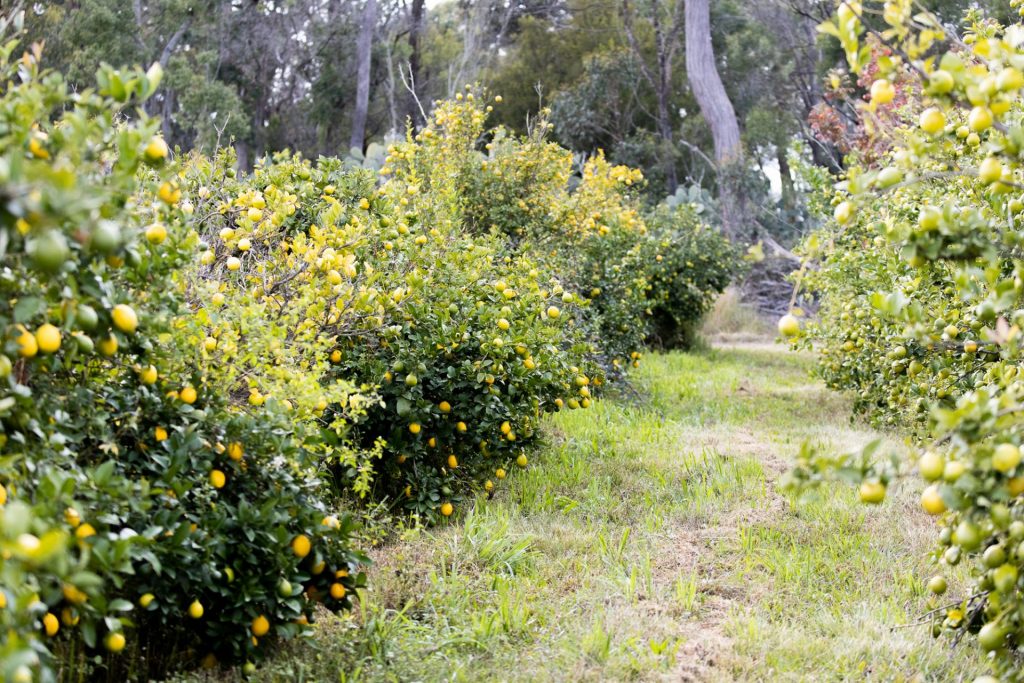
Animal Welfare
Animal welfare is a common reason why people choose certified organic products. The Australian Certified Organic Standard (ACOS) is one of few food standards which addresses the welfare of each and every animal involved in organic food and fibre production.
When consumers buy certified organic meat or animal by-products, they know that the animals involved have been raised under some of the most stringent protection requirements in the world. Under organic standards, animals including poultry, pigs, sheep, goats and cattle, live, grow and breed naturally in group sizes appropriate to their species. Animals interact as they would in nature, and are provided with ample access to pasture, shade and shelter.
Certified organic standards do not allow cattle feedlots, and battery farming is prohibited. For organic free range chickens, a maximum of 1,500 birds per hectare are permitted compared to 10,000 for non-organic free range.
Grazing contributes to a healthy grassland ecosystem consistent with the high animal welfare requirements of organic agriculture. Beef feedlots, however, are concentrated, confined areas that create vast dead zones from excess nutrients whilst animals are consuming vast amounts of grain that could be for human consumption.
Certified organic animals are raised on food that contains no added hormones, growth promotants, antibiotics, or preservatives, and is not treated with synthetic chemicals.
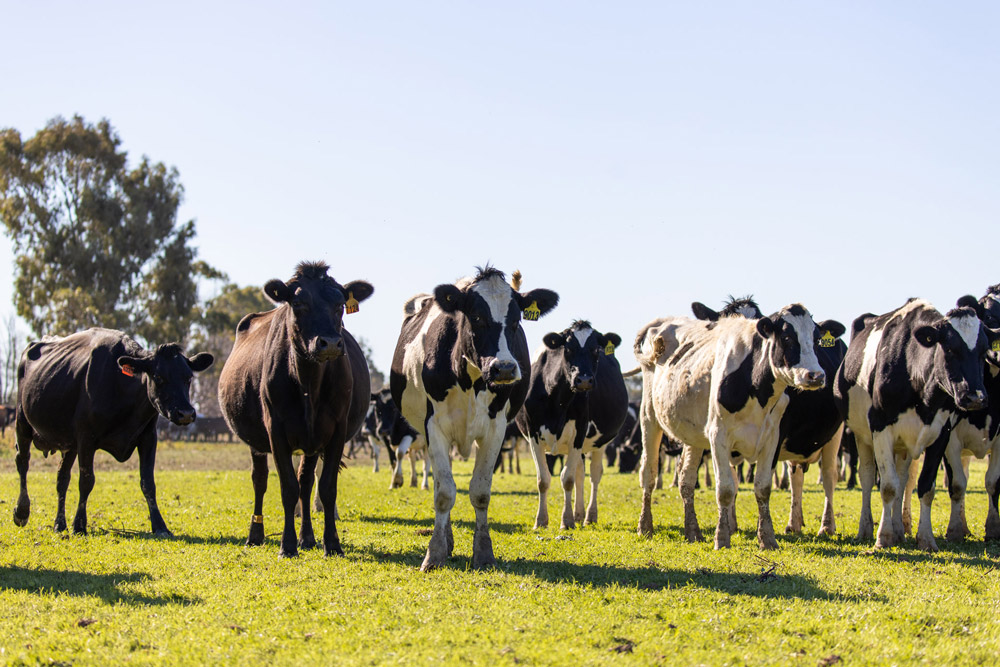
Environment
Certified organic food production protects our environment. Organic food is produced using sustainable farm methods that mimic natural ecological processes (the relationships between living organisms and their environments). Organic food production does not use synthetic pesticides, herbicides, fertilisers or GMOs which may be harmful to the environment.
Food produced organically helps reduce the impact of chemical run-off and residues from Australian farms. Synthetic chemicals such as fertilisers frequently find their way into waterways and can have adverse effects on marine, animal and plant life. Synthetic nitrogen fertilisers account for a large percentage of all cropping emissions. Organic farming can help reduce the impact of climate change and lower agricultural greenhouse gases in a variety of different ways.
Organic land also focuses on building healthy soil, which stores carbon and increases drought resilience. More carbon in our soil means less in our atmosphere. To control weeds, organic farmers use cover crops, green manure, crop rotations and underplanting. Plant waste is then incorporated into the soil with natural compost, increasing the soil organic matter. Increased soil organic matter has an array of benefits. Organic soils can retain higher levels of moisture, making organic farms more resilient during times of drought and climate extremes. Organic farms can restore life to damaged soil and promote biodiversity.
Organic farmers must ensure that a minimum of 5% of their farmland is reserved for natural vegetation to promote local biodiversity. Native areas and border corridors provide environments for predatory insects like lady beetles and parasitic wasps that control aphids and caterpillars. Organic systems work with nature to control pests rather than using harsh pesticides which can destroy ecosystems and make farms more prone to reinfestations from pests and weeds.
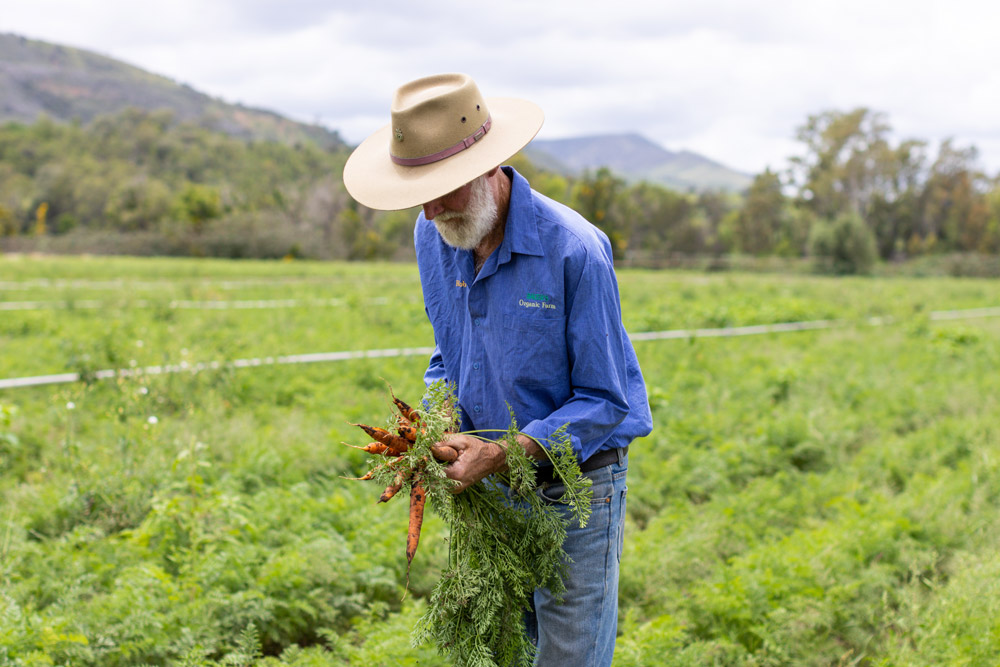
No GMO’s
Organic food prohibits the use of Genetically Modified Organisms (GMOs). With relaxed GM labelling laws in Australia, selecting certified organic foods is one of the only ways consumers can be sure they are avoiding products containing GM substances.
Food Integrity
Certified organic food is safely grown and handled under a traceable system. Organic farms and food manufacturers in Australia are monitored under one of the strictest food regulatory programs in the world. Any person buying organic food endorsed with the Australian Certified Organic ‘Bud’ logo can be assured their food has been handled with care, without the use of synthetic chemicals or additives, traceable from ‘paddock to plate’.
Farms, food manufacturers and food packaging companies must undergo an audit each year to ensure the strict standards are being upheld. In addition, it can take up to three years before a producer can become fully ‘Certified Organic’. During this time, the land must be farmed free from synthetic chemicals. An organic certification logo is a stamp of integrity designed to protect both consumers and genuine organic farmers and businesses from false claims.
Taste
While taste is certainly a matter of opinion, consumers sampling organic food are frequently heard expressing their delight at the full-tasting flavour. ‘Fresh’, ‘clean’, ‘rich in flavour’ and ‘tastes the way food used to taste’ are comments often used by those who choose to eat organic. This opinion is shared by an increasing number of high-profile chefs who often state that their primary reason for choosing organic is taste.
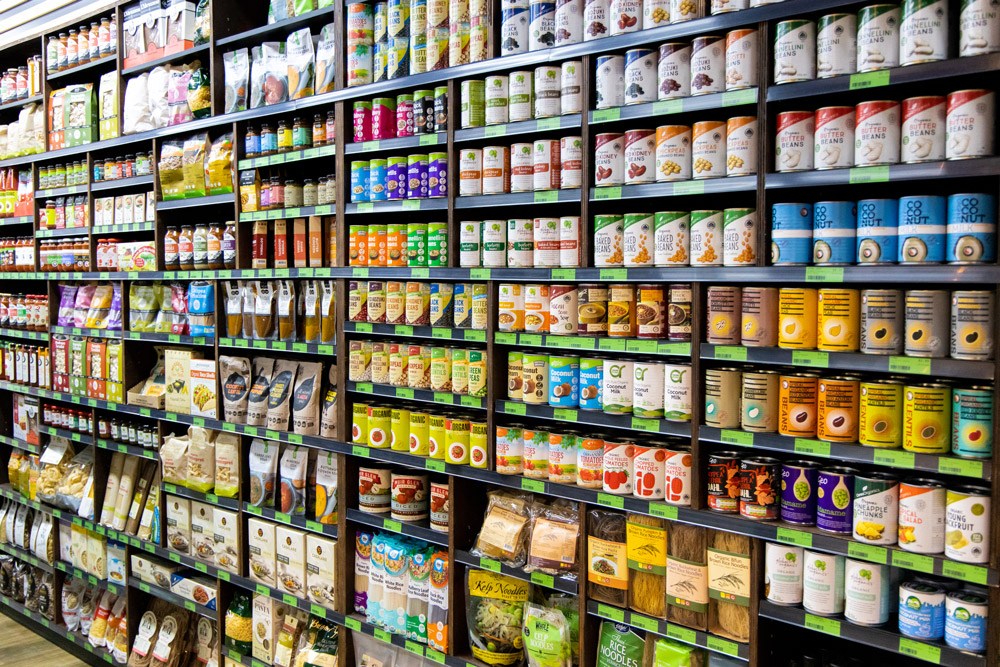
Look for a Certification Logo
Consumers cannot be guaranteed that a product is organic unless it displays an organic certification logo such as the Australian Certified Organic ‘Bud’ logo. An organic certification logo protects consumers from misleading claims and is the mark of a genuine organic product that has been audited all along the production chain, from paddock to plate, to comply with strict organic standards. 77% of organic shoppers are aware of the presence of organic certification marks.
When buying products that display the Australian Certified Organic ‘Bud’, consumers are guaranteed their purchase is the real deal. An item displaying the ‘Bud’ has been produced with the health and welfare of consumers, animals and the environment in mind. The Australian Certified Organic ‘Bud’ trademark logo is Australia’s most recognised organic certification mark and appears on thousands of certified organic products. Remember to look for the Bud!
